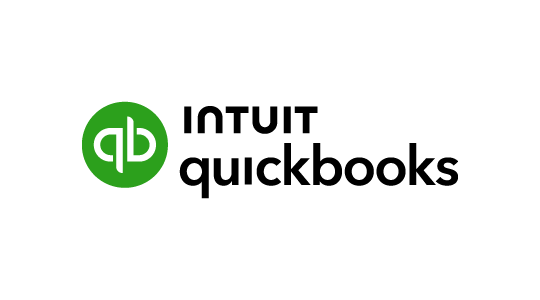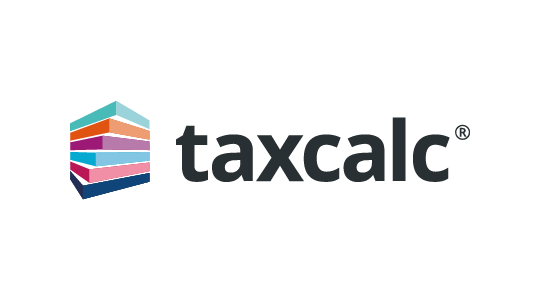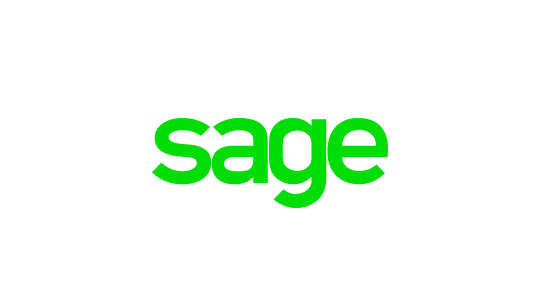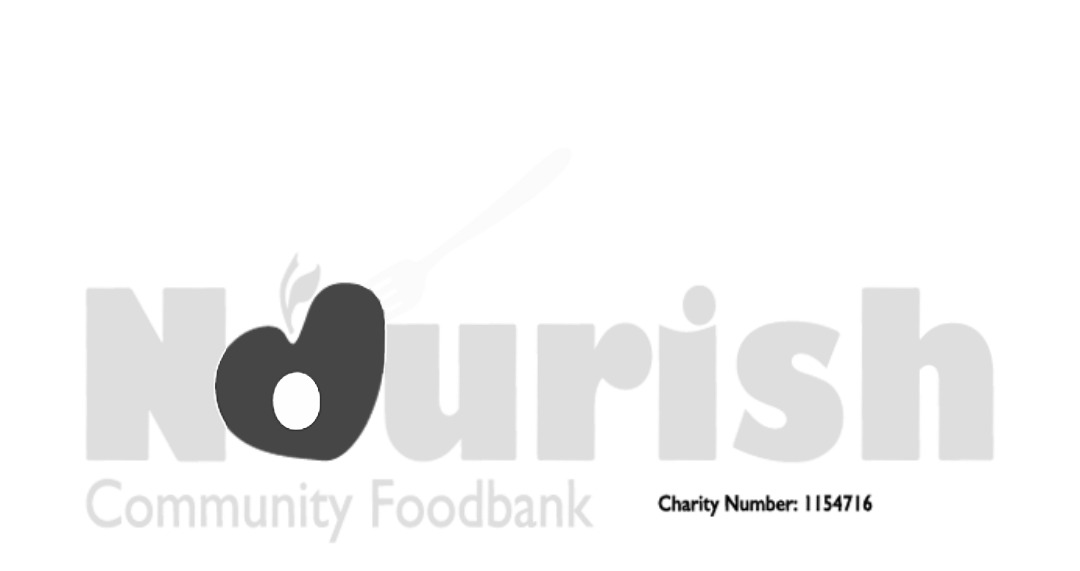by Paula Veysey-Smith
•
5 January 2026
As accountants, January is when we see optimism at its highest and inboxes at their fullest. A new year brings fresh energy, new goals, and the promise that this will be the year that your business really moves forward. But as the month moves on and realities hit, the elation and determination to press on with these new goals starts to fade and often die completely. The difference between a resolution that sticks and one that doesn’t is simple: clarity , practicality , and consistency . So instead of vague promises like “earn more” or “work less,” here are some realistic New Year’s resolutions that can genuinely help you build a stronger, more sustainable business. 1. Get Clear on Your Numbers (Not Just Your Turnover) One of the most powerful resolutions you can make is to truly understand your financial position. Turnover alone doesn’t tell the full story. Profit, cash flow, and margins matter far more. Ask yourself: Which services or products are most profitable? Where is cash getting stuck? What costs could be reduced without harming quality? Commit to reviewing your numbers monthly, not just at year-end. Confidence grows when decisions are backed by facts, not guesswork. 2. Improve Cash Flow, Not Just Sales Many businesses fail while still “making money” on paper. Cash flow is the lifeblood of your business. This year, resolve to: Invoice promptly and clearly Review payment terms Chase overdue payments consistently (and professionally) Small changes here can dramatically reduce stress and give you more freedom to plan ahead. 3. Price for Value, Not Fear A common issue I see is business owners under pricing, and resisting rate increases, because they fear losing customers. The result? Long hours, high pressure, and limited reward. A strong New Year resolution is to: Review your pricing Understand your true costs Charge in line with the value you deliver The right clients respect fair pricing. Better pricing attracts better clients. 4. Build Systems That Save Time If everything depends on you or a small team, your business will always feel heavy. Systems create breathing space. Resolve to: Document key processes Automate where possible Use software to reduce manual tasks Time saved can be reinvested in growth, strategy, or simply enjoying life outside the business. 5. Invest in Support (You Don’t Have to Do It Alone) Whether it’s professional advice, bookkeeping support, or mentoring, the most successful business owners know when to ask for help. This year, consider: Delegating tasks that drain your energy Seeking advice before problems escalate Surrounding yourself with people who both support, and challenge, you Support isn’t a cost—it’s an investment. 6. Protect Your Energy and Wellbeing Burnout helps no one. A business that relies on exhaustion is not sustainable. Make a resolution to: Set realistic boundaries Take proper breaks Define what “success” looks like for you, not just your business A healthy business owner makes better decisions and builds stronger businesses. Final Thought New Year’s resolutions don’t need to be dramatic to be effective. Small, intentional changes, applied consistently, create the biggest impact over time. This year, focus less on perfection and more on progress. Build a business that supports your life, not one that consumes it. If you’d like help turning your resolutions into practical actions, contact us NOW —it’s one of the smartest business decisions you can make. At MPOWER we work with business owners to provide clear direction from the numbers and strategies for success. Here’s to a calmer, clearer, and more confident year ahead.

























